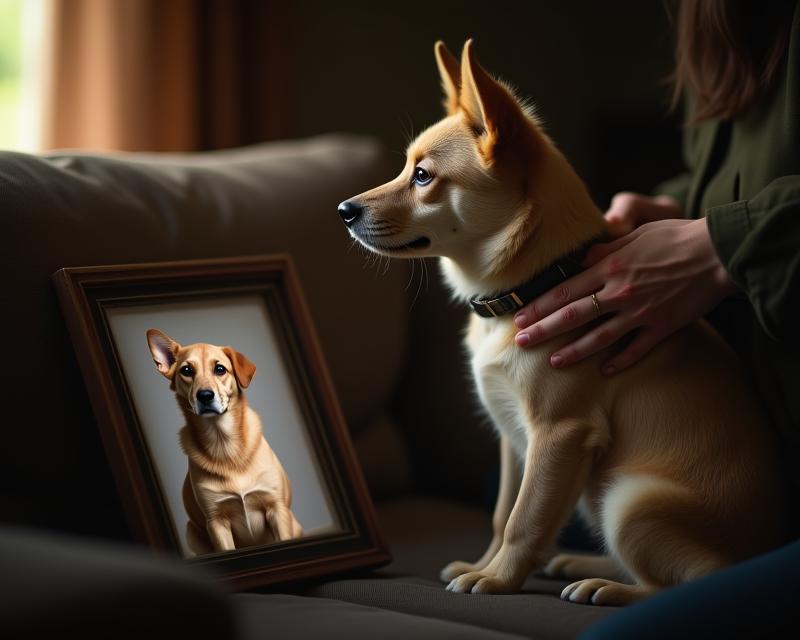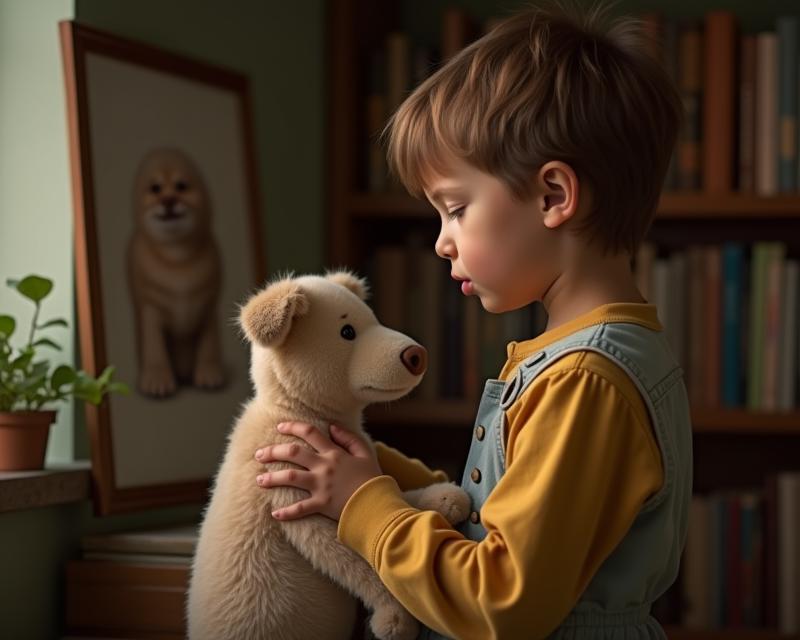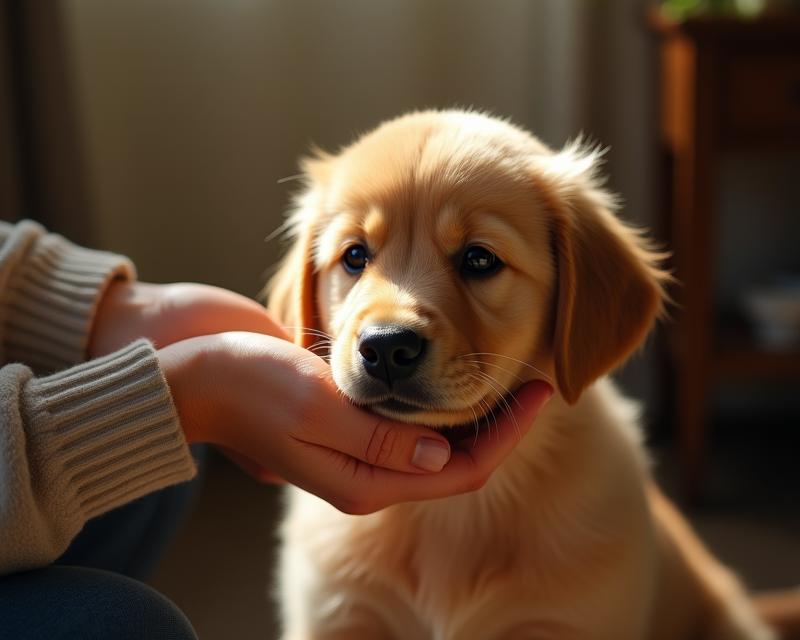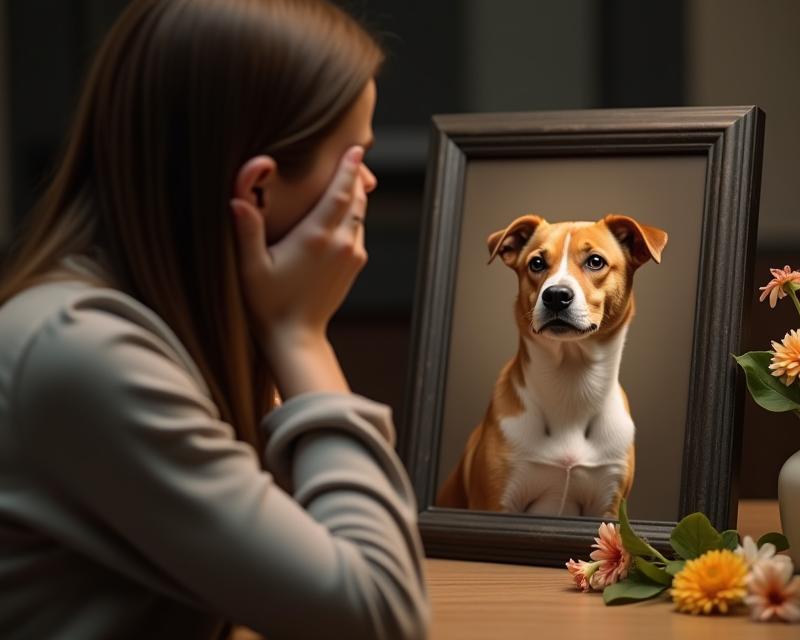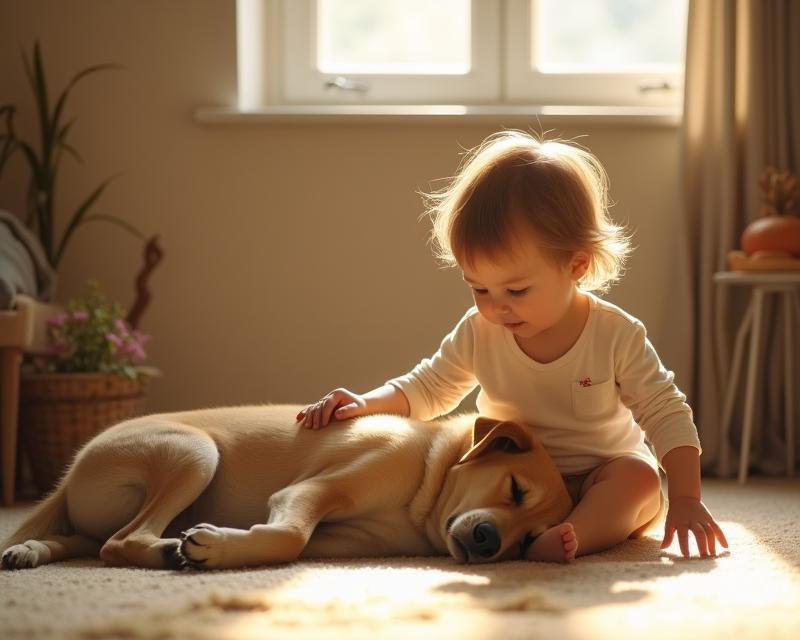Hiding Horses: Backyard Behavior Explained!
Publish in General Care el 28/06/2025 18:41
Why Does My Horse Hide? Understanding Equine Behavior
Have you ever noticed your horse quickly disappear into the shadows when visitors arrive in the backyard? It's a very common behavior, and it's usually perfectly normal! Understanding why horses hide can help you better connect with your equine friend and ensure they feel safe and comfortable.
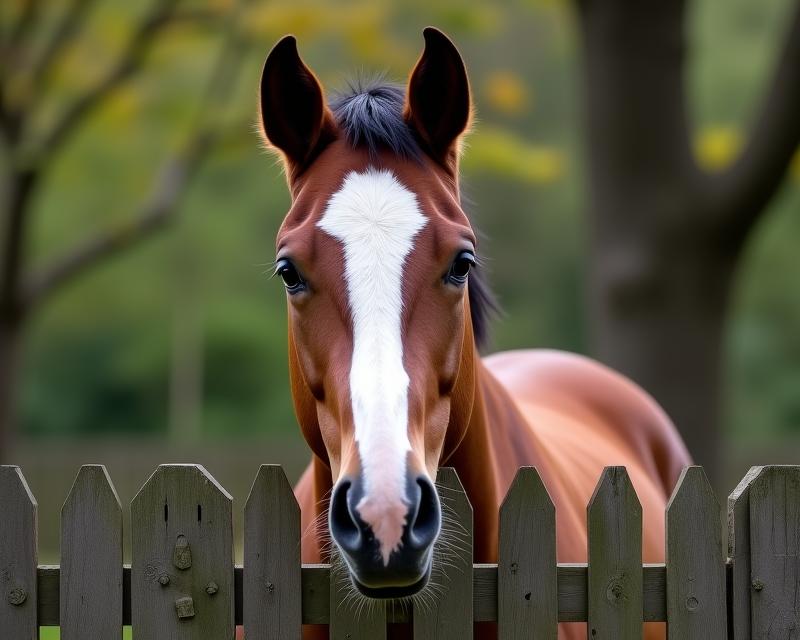
Instinct and Safety: A Horse's Natural Response
Horses are prey animals. This means they're naturally inclined to be wary of unfamiliar things and potential threats. Hiding is a deeply ingrained instinct for survival. When they sense something new – like people approaching – their first reaction is often to seek shelter and observe from a safe distance. This allows them to assess the situation before fully engaging.
What Triggers Hiding Behavior?
Several things can trigger this behavior. The sound of approaching footsteps, the sight of new people, or even unfamiliar scents can all cause a horse to retreat. It's not necessarily a sign of fear or aggression; it's simply a protective mechanism. The horse is trying to create a buffer zone between itself and the perceived threat. Consider the environment too. Is the area open and exposed? A horse might feel more vulnerable in a wide-open space and seek refuge under a tree, behind a fence, or in a barn.
How to Help Your Horse Feel More Comfortable
While you can't eliminate this instinct, you can help your horse feel more at ease during visits. Start by introducing new people slowly and calmly. Have visitors approach quietly and avoid sudden movements. Offer your horse a favorite treat or a scratch in a preferred spot to create a positive association with the visitors. Providing a safe space – like a stall or a shaded area – where your horse can retreat is also crucial. Respect their need for space and don't force interaction. Over time, with consistent positive experiences, your horse may become more comfortable with visitors, but always prioritize their well-being and comfort.
Reading the Signals
Pay attention to your horse's body language. While hiding is common, look for other signs of stress, such as pinned ears, a swishing tail, or tense muscles. If your horse seems overly anxious or fearful, it's important to consult with a veterinarian or equine behaviorist. Understanding your horse's individual personality and history will also help you interpret their behavior more accurately. Remember, patience and understanding are key to building a strong bond with your equine companion.
